What 14 foods to avoid with high blood pressure?
Table of Contents
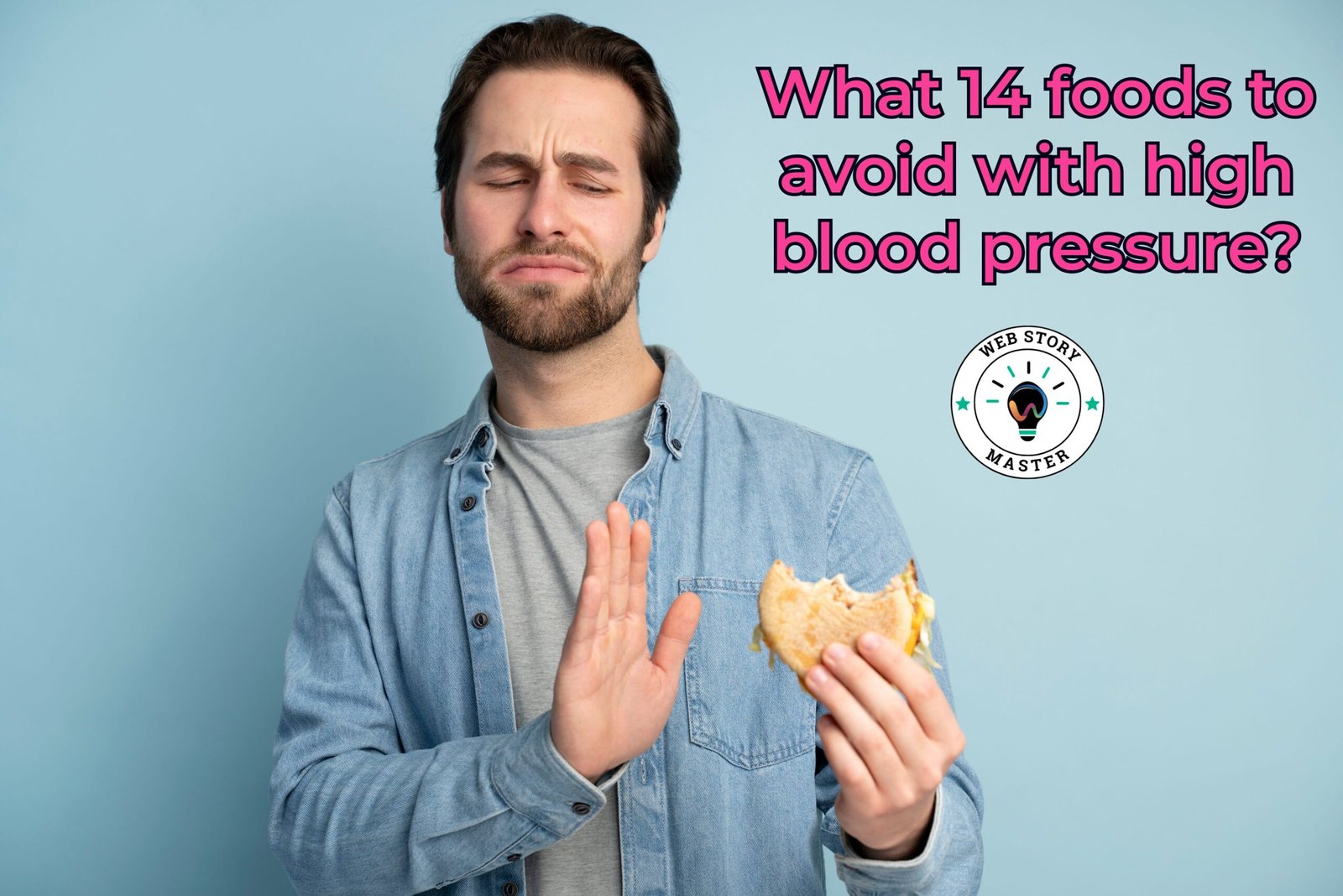
What 14 foods to avoid with high blood pressure?
What 14 foods to avoid with high blood pressure? What are the 5 worst foods for blood pressure? Which food is not good for BP? What 5 foods raise blood pressure? What are three foods to reduce blood pressure?
What 14 foods to avoid with high blood pressure?
What 14 foods to avoid with high blood pressure?
Here’s a list of 14 specific foods to avoid if you have high blood pressure:
1. Processed meats:
These often contain high levels of sodium and unhealthy fats. Examples include bacon, sausage, hot dogs, and deli meats.
Does processed meat raise blood pressure?
Yes, processed meats have been linked to increased blood pressure levels. These meats often contain high levels of sodium, unhealthy fats, and additives, all of which can contribute to elevated blood pressure. Additionally, processed meats may also contain other compounds such as nitrates and nitrites, which could potentially affect blood pressure and overall cardiovascular health.
Several studies have found associations between high consumption of processed meats and hypertension (high blood pressure). For example, a meta-analysis published in the journal Hypertension found that higher intake of processed meats was associated with an increased risk of hypertension.
To help manage blood pressure levels, it’s advisable to limit or avoid processed meats and instead choose healthier protein sources such as lean meats, poultry, fish, legumes, and tofu. When selecting processed meats, opt for low-sodium varieties and consume them in moderation as part of a balanced diet.
the 12 best at-home workouts without-equipment exercise
the-12-best-at-home-workouts-without-equipment-exercise
2. Canned soups:
They are notorious for their high sodium content. Opt for low-sodium or homemade soups instead.
Can I eat canned soup with high blood pressure?
If you have high blood pressure, you can still enjoy canned soup, but it’s essential to choose wisely. Many canned soups are high in sodium, which can contribute to elevated blood pressure levels. However, there are low-sodium and reduced-sodium options available that can be suitable for individuals with hypertension.
Here are some tips for selecting canned soup if you have high blood pressure:
- Read labels: Look for soups labeled as “low-sodium” or “reduced-sodium.” These options typically contain less salt than regular canned soups.
- Check the sodium content: Compare the sodium content of different soup brands and varieties. Aim for soups with less than 140 milligrams of sodium per serving, or as low as possible.
- Choose broth-based soups: Cream-based soups tend to be higher in sodium and saturated fats. Opt for clear, broth-based soups instead.
- Watch portion sizes: Pay attention to the serving size listed on the nutrition label. Eating smaller portions can help limit your sodium intake.
- Rinse canned vegetables: If you’re using canned soup with vegetables, consider rinsing them under water before adding them to the soup. This can help reduce the sodium content.
- Consider homemade options: Making your own soup at home allows you to control the ingredients and sodium content. Use fresh vegetables, lean protein, and herbs and spices to flavor your soup instead of relying on salt.
Overall, while canned soup can be a convenient option, it’s essential to be mindful of its sodium content if you have high blood pressure. Choosing low-sodium varieties and practicing portion control can help you enjoy soup as part of a balanced diet that supports heart health.
What should we eat to keep our liver healthy?
what-should-we-eat-to-keep-our-liver-healthy
3. Pickles and pickled foods:
These are typically loaded with sodium due to the pickling process.
Pickles and pickled foods bad for high blood pressure
Pickles and pickled foods can indeed be problematic for individuals with high blood pressure due to their high sodium content. The pickling process involves soaking vegetables or fruits in a brine solution containing salt and vinegar, which significantly increases their sodium levels.
Excess sodium intake is associated with elevated blood pressure because it can lead to fluid retention and strain on the blood vessels, increasing the risk of hypertension and cardiovascular diseases.
If you have high blood pressure, it’s advisable to limit your consumption of pickles and pickled foods to help manage your sodium intake. Opt for fresh vegetables and fruits as snacks instead, and when eating pickled foods, be mindful of portion sizes and frequency.
Additionally, you can look for low-sodium or reduced-sodium versions of pickles and pickled foods, or consider making your own at home using less salt. This way, you can enjoy the tangy flavor of pickled foods while still prioritizing your heart health.
What 12 foods & exercises are good for your mental health?
what-12-foods-exercises-are-good-for-your-mental-health
4. Salted snacks:
Chips, pretzels, and other salty snacks can quickly add up in sodium intake.
Can salty snacks increase blood pressure?
Yes, salty snacks can increase blood pressure, especially if consumed in excess. These snacks often contain high levels of sodium, which can contribute to elevated blood pressure levels. When you consume too much sodium, your body retains water to dilute the excess sodium in your bloodstream. This increase in fluid volume puts added pressure on your heart and blood vessels, leading to higher blood pressure.
Regularly consuming salty snacks such as chips, pretzels, salted nuts, and popcorn can contribute to a high sodium intake, which in turn can increase your risk of developing hypertension (high blood pressure) and other cardiovascular issues.
To help manage your blood pressure and overall health, it’s essential to limit your intake of salty snacks and opt for healthier alternatives such as fresh fruits, vegetables, unsalted nuts, and whole grains. Additionally, pay attention to food labels and choose low-sodium or unsalted versions of your favorite snacks whenever possible. Making these small changes can have a positive impact on your blood pressure and reduce your risk of heart disease.
what foods to avoid when taking a blood thinner
5. Sugary drinks:
Regular consumption of sugary beverages like soda and sweetened juices can contribute to high blood pressure and other health issues.
Do sugary drinks increase blood pressure?
Yes, sugary drinks can contribute to an increased risk of high blood pressure, especially when consumed regularly and in large quantities. These beverages include sodas, sweetened juices, energy drinks, sweetened teas, and sports drinks.
Here’s how sugary drinks can affect blood pressure:
- Weight gain: Sugary drinks are high in calories but low in nutrients. Consuming them regularly can contribute to weight gain and obesity, which are risk factors for high blood pressure.
- Insulin resistance: Regular consumption of sugary drinks can lead to insulin resistance, a condition where your body’s cells become less responsive to insulin. Insulin resistance is associated with hypertension and other cardiovascular problems.
- Increased sodium intake: Some sugary drinks, particularly certain sports drinks and energy drinks, can also contain high levels of sodium, which can contribute to high blood pressure.
- Poor diet quality: People who frequently consume sugary drinks may also have a poor overall diet quality, which can further increase the risk of high blood pressure and other health issues.
To help manage blood pressure and overall health, it’s best to limit or avoid sugary drinks altogether. Instead, opt for water, sparkling water, herbal teas, or unsweetened beverages. If you enjoy fruit juices, choose those that are 100% fruit juice and consume them in moderation. Making these dietary changes, along with adopting a balanced diet rich in fruits, vegetables, whole grains, lean proteins, and healthy fats, can help support healthy blood pressure levels and reduce the risk of cardiovascular disease.
6. Pastries and baked goods:
These often contain unhealthy fats and high levels of sugar and refined carbohydrates.
Pastries and baked goods bad for high blood pressure
Yes, pastries and baked goods can be detrimental to individuals with high blood pressure for several reasons:
- High in added sugars: Pastries and baked goods often contain high amounts of added sugars, which can contribute to weight gain and insulin resistance, both of which are risk factors for high blood pressure and cardiovascular disease.
- High in unhealthy fats: Many pastries and baked goods are made with unhealthy fats such as butter, margarine, and shortening, which can raise levels of LDL (bad) cholesterol and increase the risk of heart disease.
- High in refined carbohydrates: Pastries and baked goods are typically made with refined flour, which lacks fiber and nutrients found in whole grains. Consuming too many refined carbohydrates can lead to spikes in blood sugar levels and insulin resistance, increasing the risk of hypertension and other metabolic disorders.
- High in sodium: Some baked goods, especially savory pastries like sausage rolls or cheese-filled pastries, can be high in sodium, which can contribute to high blood pressure when consumed in excess.
To help manage blood pressure and overall health, it’s advisable to limit your consumption of pastries and baked goods, especially those that are high in added sugars, unhealthy fats, and refined carbohydrates. Instead, focus on incorporating whole foods such as fruits, vegetables, whole grains, lean proteins, and healthy fats into your diet. If you enjoy baked goods occasionally, consider healthier alternatives made with whole grains, natural sweeteners, and healthier fats, or try making them at home where you can control the ingredients.
7. Canned vegetables:
While vegetables are generally healthy, canned varieties can be high in sodium. Opt for fresh or frozen vegetables instead.
Canned vegetables bad for high blood pressure
Canned vegetables can be problematic for individuals with high blood pressure due to their potential high sodium content. The canning process often involves adding salt as a preservative, which can significantly increase the sodium levels in canned vegetables.
High sodium intake is associated with elevated blood pressure because it can lead to fluid retention and strain on the blood vessels. This can increase the risk of hypertension and other cardiovascular issues.
However, not all canned vegetables are high in sodium. Some manufacturers offer low-sodium or no-salt-added versions of canned vegetables, which can be suitable options for individuals with high blood pressure. When choosing canned vegetables, it’s essential to read the nutrition labels carefully and opt for varieties labeled as “low-sodium” or “no-salt-added.”
Alternatively, you can choose fresh or frozen vegetables, which generally have lower sodium content compared to canned vegetables. If you prefer the convenience of canned vegetables, you can also rinse them under water before consuming them to help reduce their sodium content.
Overall, while canned vegetables can be a convenient option, it’s important to be mindful of their sodium content if you have high blood pressure. Choosing low-sodium options or opting for fresh or frozen vegetables can help you manage your sodium intake and support better heart health.
8. High-sodium condiments:
Soy sauce, teriyaki sauce, and other condiments can significantly increase your sodium intake.
High-sodium condiments bad for high blood pressure
Yes, high-sodium condiments can be detrimental to individuals with high blood pressure due to their potential to contribute to elevated sodium intake. Sodium is a key component of table salt (sodium chloride), and consuming too much sodium can lead to fluid retention and increased blood pressure.
High-sodium condiments include:
- Soy sauce: Soy sauce is a popular condiment in many Asian cuisines, but it is high in sodium. Just one tablespoon of soy sauce can contain a significant amount of sodium.
- Teriyaki sauce: Teriyaki sauce is often used as a marinade or glaze for meats and vegetables, but it can be high in sodium due to the soy sauce and other flavorings it contains.
- Fish sauce: Fish sauce is commonly used in Southeast Asian cooking as a flavor enhancer, but it is also high in sodium.
- Barbecue sauce: Barbecue sauce can vary in sodium content depending on the brand and recipe, but many commercial varieties contain high levels of sodium.
- Ketchup: While ketchup is not as high in sodium as some other condiments, it still contains a significant amount of salt, especially when consumed in large quantities.
- Salad dressings: Many salad dressings, especially creamy or bottled varieties, can be high in sodium. Pay attention to the nutrition labels when choosing salad dressings.
Consuming high-sodium condiments regularly can contribute to increased sodium intake, which can lead to elevated blood pressure levels over time. To help manage blood pressure, it’s important to use these condiments sparingly or choose low-sodium versions whenever possible. You can also experiment with alternative flavorings and seasonings to add taste to your meals without relying on high-sodium condiments.
9. Fast food:
Burgers, fries, and other fast food options are typically high in sodium, unhealthy fats, and calories.
Fast food bad for high blood pressure
Yes, fast food can be detrimental to individuals with high blood pressure due to several reasons:
- High in sodium: Fast food is notorious for its high sodium content. Burgers, fries, fried chicken, pizza, and other fast food items are often loaded with salt to enhance flavor and preserve freshness. Excess sodium intake can lead to fluid retention and increased blood pressure.
- High in unhealthy fats: Fast food items are typically high in unhealthy fats, such as saturated and trans fats, which can raise levels of LDL (bad) cholesterol and increase the risk of heart disease and hypertension.
- High in refined carbohydrates: Fast food meals often contain refined carbohydrates, such as white bread, buns, and processed grains, which can cause spikes in blood sugar levels and insulin resistance, contributing to hypertension and other metabolic disorders.
- Low in nutrients: Fast food meals are generally low in essential nutrients such as vitamins, minerals, and fiber. Consuming a diet high in fast food can lead to nutrient deficiencies and poor overall health, including high blood pressure.
- Large portion sizes: Fast food restaurants often serve oversized portions, which can contribute to overeating and weight gain, both of which are risk factors for hypertension.
To help manage blood pressure and overall health, it’s essential to limit your consumption of fast food and opt for healthier alternatives whenever possible. Instead of fast food, choose homemade meals prepared with fresh, whole ingredients such as fruits, vegetables, lean proteins, and whole grains. If you do eat fast food occasionally, try to make healthier choices by selecting items that are lower in sodium, unhealthy fats, and refined carbohydrates, and watch your portion sizes. Making these dietary changes can help support better blood pressure control and reduce the risk of cardiovascular disease.
10. Frozen meals:
Many frozen meals are convenient but can be packed with sodium and unhealthy ingredients.
Frozen meals bad for high blood pressure
Frozen meals can be problematic for individuals with high blood pressure for several reasons:
- High in sodium: Many frozen meals, especially prepackaged dinners and entrees, are high in sodium to enhance flavor and preserve shelf life. Excess sodium intake can contribute to fluid retention and elevated blood pressure levels.
- High in unhealthy fats: Frozen meals often contain unhealthy fats, such as saturated and trans fats, which can raise LDL (bad) cholesterol levels and increase the risk of heart disease and hypertension.
- High in refined carbohydrates: Frozen meals may contain refined carbohydrates, such as white rice, pasta, or bread, which can cause spikes in blood sugar levels and contribute to insulin resistance, a risk factor for hypertension.
- Low in nutrients: Many frozen meals lack essential nutrients such as vitamins, minerals, and fiber, as they are often highly processed. Consuming a diet high in processed foods can lead to nutrient deficiencies and poor overall health, including high blood pressure.
- Additives and preservatives: Frozen meals may contain additives, preservatives, and other artificial ingredients, which may have negative effects on blood pressure and overall health.
To help manage blood pressure and overall health, it’s important to read the nutrition labels carefully when choosing frozen meals and opt for options that are lower in sodium, unhealthy fats, and refined carbohydrates. Look for meals that contain lean proteins, whole grains, and plenty of vegetables. Alternatively, consider preparing homemade meals in batches and freezing them for later use, so you have control over the ingredients and can ensure they meet your dietary needs. Making these dietary changes can help support better blood pressure control and reduce the risk of cardiovascular disease.
11. Full-fat dairy products:
High-fat dairy products like whole milk, cheese, and cream can contribute to high blood pressure and heart disease.
Is full fat dairy bad for high blood pressure?
The relationship between full-fat dairy consumption and high blood pressure is complex and may vary depending on individual factors and overall dietary patterns. Here are some considerations:
- Saturated fat content: Full-fat dairy products like whole milk, cheese, and butter contain saturated fats, which have been associated with an increased risk of heart disease and high blood pressure in some studies. Consuming high amounts of saturated fats may lead to elevated LDL (bad) cholesterol levels, which can contribute to hypertension.
- Other nutrients in dairy: While full-fat dairy products contain saturated fats, they also provide essential nutrients such as calcium, vitamin D, and protein, which are important for overall health. Some research suggests that these nutrients may have beneficial effects on blood pressure regulation.
- Individual response: The effects of full-fat dairy on blood pressure may vary from person to person. Some individuals may experience a rise in blood pressure with high saturated fat intake, while others may not be affected as significantly. Factors such as genetics, overall diet, and lifestyle habits can influence how the body responds to dietary fats.
- Moderation: As with many foods, moderation is key. Consuming full-fat dairy products in moderation as part of a balanced diet may not necessarily lead to adverse effects on blood pressure. It’s important to consider portion sizes and overall dietary patterns when including dairy in your meals.
- Alternative options: If you’re concerned about the saturated fat content in full-fat dairy, you can opt for lower-fat or non-fat dairy alternatives. Skim milk, low-fat yogurt, and reduced-fat cheese are options that provide similar nutrients with less saturated fat.
Overall, while full-fat dairy products can contribute to saturated fat intake, their effects on blood pressure may vary among individuals. It’s important to consider your overall dietary patterns and lifestyle habits when making decisions about dairy consumption and to consult with a healthcare professional or registered dietitian for personalized dietary recommendations.
12. Cured and smoked meats:
These often contain high levels of sodium and may also contain unhealthy additives.
Cured and smoked meats bad for high blood pressure
Yes, cured and smoked meats can be problematic for individuals with high blood pressure due to several reasons:
- High in sodium: Cured and smoked meats, such as bacon, ham, sausage, and deli meats, are often high in sodium as salt is used in the curing and smoking process to preserve the meat and enhance its flavor. High sodium intake can lead to fluid retention and increased blood pressure levels.
- Processed meats: Cured and smoked meats are classified as processed meats, which have been associated with an increased risk of high blood pressure, heart disease, and other health issues. Processed meats often contain additives, preservatives, and other compounds that may negatively impact cardiovascular health.
- Nitrates and nitrites: Cured meats often contain nitrates and nitrites, which are used as preservatives and to give the meat its characteristic flavor and color. Some research suggests that high intake of nitrates and nitrites may be associated with an increased risk of hypertension and other cardiovascular problems.
- High in unhealthy fats: Cured and smoked meats are typically high in unhealthy fats, such as saturated and trans fats, which can raise LDL (bad) cholesterol levels and increase the risk of heart disease and hypertension.
To help manage blood pressure and overall health, it’s advisable to limit your consumption of cured and smoked meats. Instead, opt for healthier protein sources such as lean meats, poultry, fish, legumes, and tofu. If you do consume cured or smoked meats occasionally, choose lower-sodium options and watch your portion sizes. Additionally, focusing on a balanced diet rich in fruits, vegetables, whole grains, and healthy fats can help support better blood pressure control and reduce the risk of cardiovascular disease.
13. Packaged snacks:
Snack foods like cheese puffs, crackers, and snack mixes can be high in sodium and unhealthy fats.
Packaged snacks to Avoid with High Blood Pressure
When managing high blood pressure, it’s essential to be mindful of your snack choices. Here are some packaged snacks to avoid or limit due to their potential to contribute to elevated blood pressure levels:
- Potato chips: Potato chips are typically high in sodium and unhealthy fats, which can raise blood pressure when consumed in excess.
- Cheese puffs and cheese-flavored snacks: These snacks are often high in sodium, saturated fats, and calories, making them less than ideal choices for individuals with high blood pressure.
- Salted nuts: While nuts can be a healthy snack option in moderation, salted nuts can significantly increase sodium intake, potentially leading to elevated blood pressure levels.
- Pretzels: Pretzels are often high in sodium and refined carbohydrates, which can contribute to high blood pressure and other health issues when consumed regularly.
- Crackers: Many crackers, especially flavored varieties, can be high in sodium and unhealthy fats. Opt for whole-grain crackers with lower sodium content when possible.
- Snack mixes: Snack mixes containing pretzels, crackers, nuts, and other salty ingredients can be high in sodium and unhealthy fats, making them less suitable for individuals with high blood pressure.
- Popcorn with added salt: While plain air-popped popcorn can be a healthy snack choice, microwave popcorn and pre-packaged popcorn with added salt can be high in sodium.
- Deli meats: Packaged deli meats such as salami, pepperoni, and ham are often high in sodium and unhealthy fats. They are commonly used in sandwich snacks and should be consumed in moderation.
- Flavored rice cakes: While rice cakes can be a low-calorie snack option, flavored varieties often contain added salt and unhealthy fats, making them less suitable for individuals with high blood pressure.
- Processed snack bars: Some packaged snack bars, especially those marketed as granola bars or energy bars, can be high in added sugars, sodium, and unhealthy fats. Choose options with minimal added sugars and sodium.
When choosing packaged snacks, it’s important to read nutrition labels carefully and opt for options that are lower in sodium, unhealthy fats, and added sugars. Additionally, focusing on whole, minimally processed snacks such as fresh fruits, vegetables, nuts, seeds, and yogurt can help support better blood pressure control and overall health.
14. Alcohol:
Excessive alcohol consumption can raise blood pressure and contribute to other health problems.
Alcohol to Avoid with High Blood Pressure
If you have high blood pressure, it’s important to be cautious about your alcohol consumption. While moderate alcohol intake might not have a significant impact on everyone with hypertension, excessive drinking can raise blood pressure and interfere with medication effectiveness. Here are some tips:
- Limit intake: If you choose to drink alcohol, do so in moderation. The American Heart Association recommends limiting alcohol to no more than two drinks per day for men and one drink per day for women.
- Choose wisely: Some alcoholic beverages are higher in alcohol content and calories, which can contribute to weight gain and exacerbate hypertension. Opt for drinks with lower alcohol content, such as light beer, wine, or spirits mixed with non-caloric mixers.
- Avoid binge drinking: Binge drinking, defined as consuming large amounts of alcohol in a short period, can cause a sudden spike in blood pressure. Stick to moderate drinking patterns.
- Monitor interactions with medications: Alcohol can interact with certain medications prescribed for high blood pressure, such as ACE inhibitors, beta-blockers, and diuretics. Check with your healthcare provider about potential interactions and how alcohol might affect your medication regimen.
- Watch for hidden sodium: Some alcoholic beverages, especially mixed drinks and cocktails, can be high in sodium, which can contribute to hypertension. Be mindful of ingredients and opt for low-sodium alternatives when possible.
- Stay hydrated: Alcohol is dehydrating and can lead to an increase in blood pressure. Drink plenty of water alongside alcoholic beverages to stay hydrated and help mitigate this effect.
- Know your limits: Everyone’s tolerance to alcohol is different. Pay attention to how your body reacts to alcohol and know when to stop. If you experience any adverse effects, such as dizziness or palpitations, it’s a sign to cut back or stop drinking.
Remember, if you have hypertension or other cardiovascular concerns, it’s essential to consult with your healthcare provider for personalized advice on alcohol consumption. They can provide guidance based on your individual health status and medication regimen.
Avoiding or limiting these foods can help you better manage your blood pressure and overall health. Instead, focus on a diet rich in fruits, vegetables, whole grains, lean proteins, and healthy fats. Additionally, always check food labels for sodium content and choose low-sodium options whenever possible.
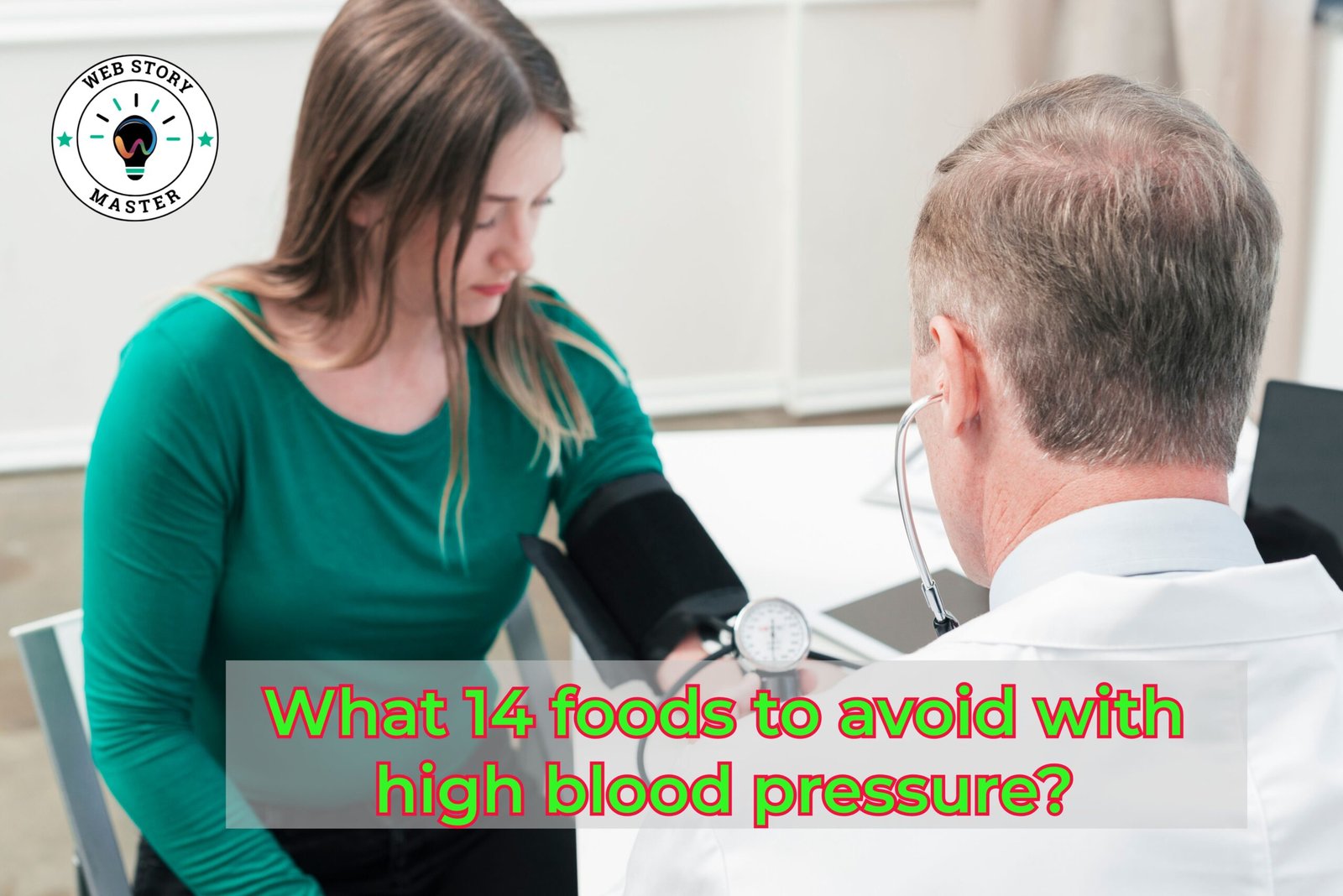
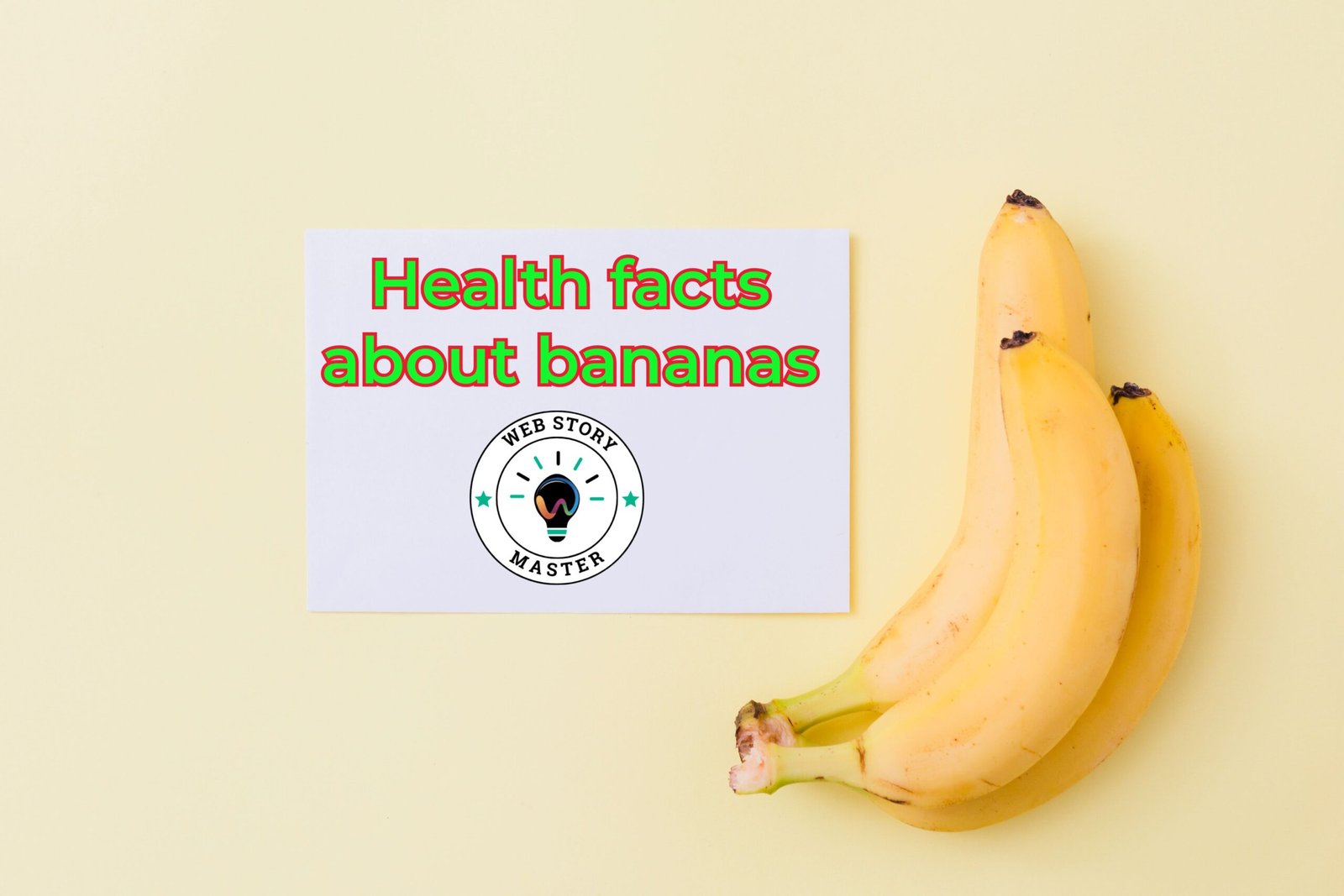

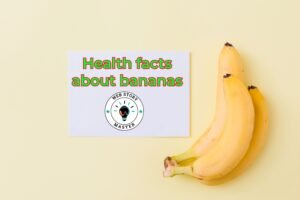





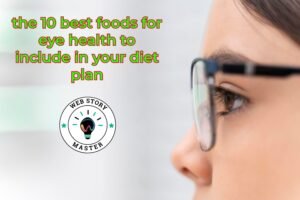

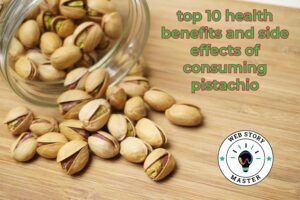

1 comment